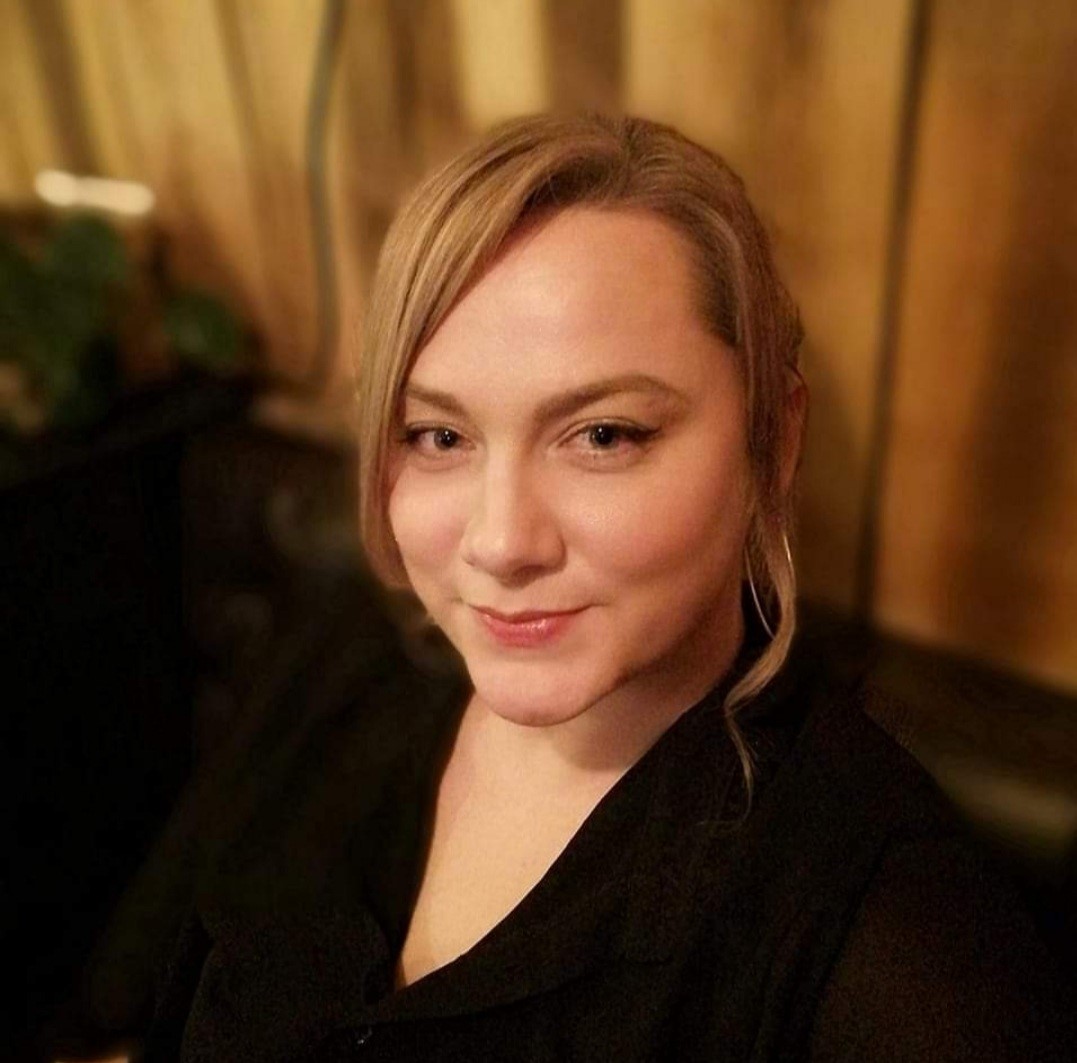“The subject of my work can often be emotive and engenders strong responses from an audience, which is after all the aim of the writing.”
We were delighted to catch up with Charlotte Hanson after she presented her PhD project Chicken at the latest Creative Writing Open Seminar (CWOS). Make sure to keep an eye on the School English – News and Events Page to catch the next event!
Can you give us an overview of how the Creative Writing Open Seminar (CWOS) went?
The CWOS is a space for researchers and academics to share their creative practices in progress where they often read from the work, talk about the work and its influences, reach, and the technical aspects of undertaking the work. People also ask questions of their work which the attendees can discuss at the end of the session and ask questions of their own toward the end when the seminar ‘opens up’ and can be used as a forum to dissect the work, which hopefully benefits everyone.
What do you think went well?
The CWOS was well attended for a researcher, though being online may have had something to do with the attendance rate, and the audience appeared for the most part to be engaged with the readings and the discussions. The subject of my work can often be emotive and engenders strong responses from an audience, which is after all the aim of the writing.
Did you receive any feedback and/or questions?
Feedback has only been positive, with some people responding in their comments, writing on the chat, emailing me or reaching out in some other way to tell me how important and impactful my work has been to them, which is very touching and bolsters my convictions about the relevance of this work. Several people asked questions ranging from the effects on myself to the effects on society, the process of the work and the impetus for it.
What is your PhD project about?
The PhD project is a fictional novel, Chicken, about a working-class young woman and the effects of poverty in modern Britain on her and her family, from domestic drudgery to poor mental health, from financial instability and the categories of poverty that creates (fuel, period, food, love etc.), to the cultural and societal expectations as they are met or rejected. Chicken aims to reflect the lives of ordinary people and so can be harrowing and challenging, but it is also hopeful, bright, and funny, too.
“My supervisor, Scarlett Thomas, has been incredibly supportive of my project from its inception and has encouraged me and given me invaluable advice throughout. Her guidance has been imperative to my completion of the project.”
What was the inspiration for this project?
The novel is inspired by my own experiences growing up poor and the extremes of life that are increasingly taken for granted, normalised, romanticised even, when people are living through daily trauma. The current political and social climate reflects a country divided and defeated, with food banks on the rise as if they are the answer to poverty, rather than a by-product of it.
How have you found the writing process?
The writing process has been demanding, though with peaks and troughs of ease and difficulty. It took a long time to plan and to organise the work, but also to see the full vision and to understand the relevance of it to the conversation around welfare for all. A lot of time is spent reading, watching documentaries, note taking, writing, redrafting, reading, preparing, cutting etc. It’s always a demanding process, always.
What support have you received for this project?
My supervisor, Scarlett Thomas, has been incredibly supportive of my project from its inception and has encouraged me and given me invaluable advice throughout. Her guidance has been imperative to my completion of the project. Further, I have received support from peers and staff along the way which has buoyed me and sometimes made all the difference on the tougher days when the writing just won’t happen.
How have your studies at Kent influenced your approach to writing?
Working at Kent has certainly influenced my writing and the way I express my art. I believe I’ve improved in that area due to my tutelage at Kent and that the ethos that has underpinned my professional and creative growth has always been to uncover my abilities, not to change or hide them.
Are there any new creative writing projects in the pipeline?
After the novel’s completion (due in March 2022) I am going to continue working on another project, a collection of short stories, and I am going to turn my attention to screenwriting Chicken too. But after that, there are many ideas for more novels, there always are.
Further information:
In Kent’s School of English you are taught by leading international researchers and award-winning creative writers. Encouraging and welcoming, the School is the perfect place to pursue your passion for literature and fulfil your academic potential.
We have an extensive range of resources available for students to use. Your subject library resource guide has been created by our fantastic librarians. This guide recommends key library resources and provides tips and advice on how to get the most out of the library, whatever your specific area of study.

